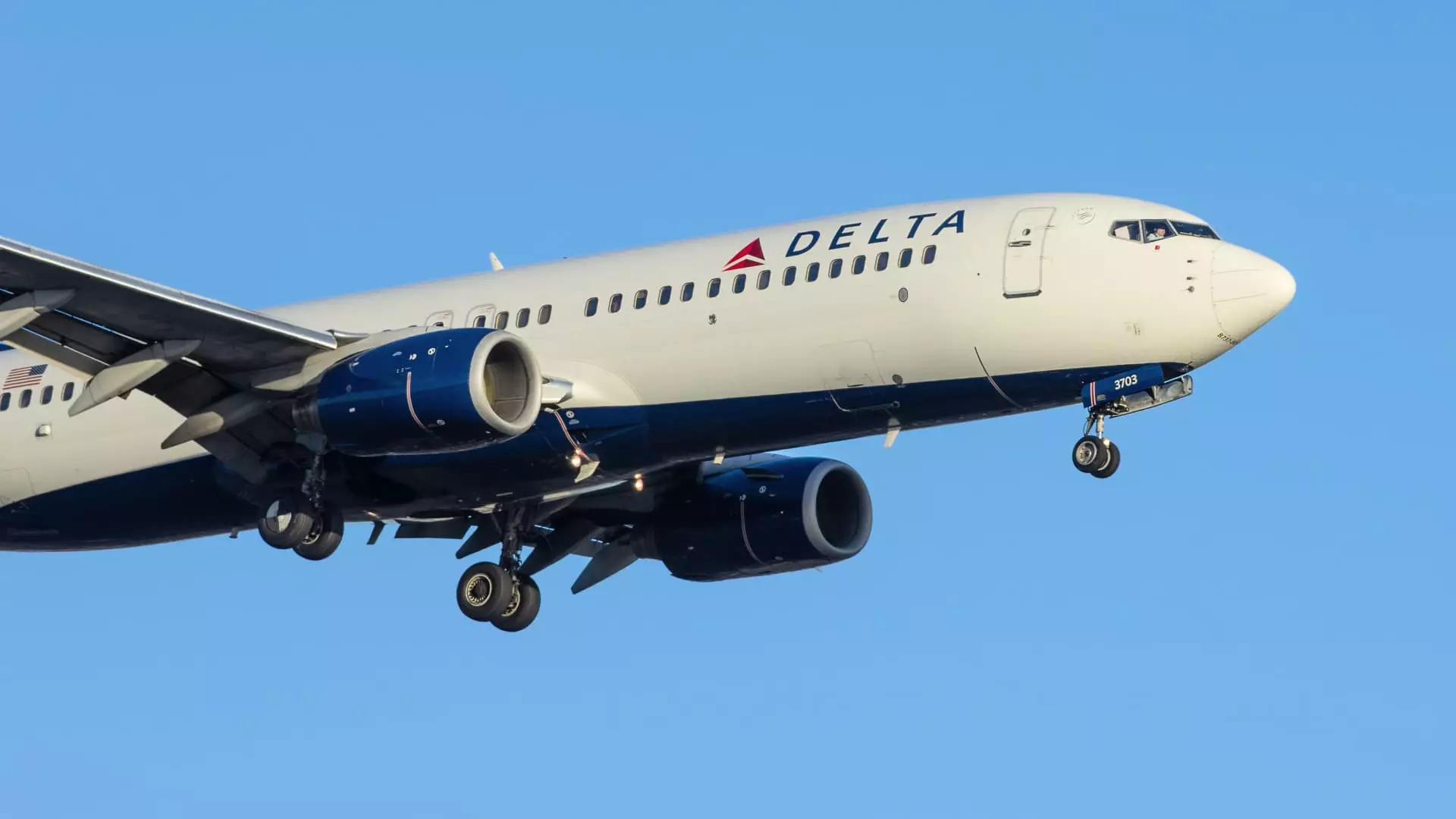Delta Air Lines is making strategic moves to increase its presence at Austin-Bergstrom International Airport, seizing opportunities in one of the country’s fastest-growing airports. Despite facing challenges from rival American Airlines, Delta plans to add 11 nonstop flights from Austin in April, broadening its offerings and aiming for a greater market share. This expansion indicates the airline’s recognition of the potential and demand in Austin’s surging economy and population.
Delta Air Lines’ decision to amplify its flight offerings in Austin comes as a response to the growing popularity of the city as a destination for businesses and travelers alike. By adding new routes to Midland-Odessa, McAllen, Raleigh-Durham, Nashville, and Cincinnati, Delta seeks to capitalize on the rising demand from these locations. This move also represents a significant change for Delta, as it plans to use Austin as a connecting point to expand its network access, particularly with the inclusion of McAllen and Midland. Traditionally, Texas has presented untapped opportunities in Delta’s network, making this expansion a significant milestone for the airline.
While Delta Air Lines did not attribute its decision to a single driving factor, the rapid growth of Austin’s population and the city’s ability to attract major companies such as Apple, Tesla, and IBM certainly play a significant role. The expansion was not primarily influenced by a particular company but was strategically guided by conversations with corporate accounts regarding their travel requirements. Identifying the need to serve destinations that lacked Delta’s existing routes, McAllen and Midland emerged as the top priorities due to their robust business communities and tourist attractions.
Austin’s Growing Airport
Austin-Bergstrom International Airport has experienced exponential growth in recent years, facilitating the need for more flight options. In 2020, despite the challenges posed by the Covid-19 pandemic, the airport served over 7.1 million passengers — an 11% increase compared to the previous year. Meanwhile, passenger counts in the United States as a whole declined by 5% during the same period. This upward trend indicates the immense potential Austin presents for airlines and their routes.
Competition and Outlook
Although Delta is making strides to increase its market share in Austin, it faces competition from Southwest Airlines, which currently holds a dominant share of 40%, and American Airlines with a 22% share. However, Delta’s commitment to expanding its presence demonstrates its determination to become a significant player in the Austin market.
Delta Air Lines’ decision to enhance its flight offerings in Austin-Bergstrom International Airport marks a notable development in the airline’s strategy. By recognizing the potential of Austin’s fast-growing economy and population, Delta aims to tap into this promising market. The addition of 11 nonstop flights and the inclusion of high-demand routes underscores the importance of Austin in Delta’s network. As the airline continues to expand, it sets the stage for intensified competition and increased connectivity, offering travelers more choices and establishing a stronger foothold in one of the nation’s most vibrant cities.

